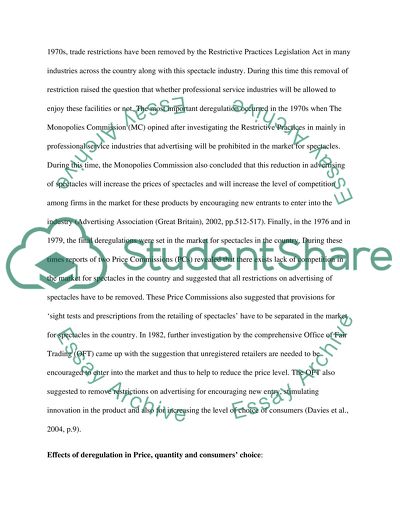Cite this document
(“Micro and Macro - What Happened to Price, Quality and Choice in the UK Essay”, n.d.)
Retrieved from https://studentshare.org/macro-microeconomics/1443439-what-happened-to-price-quality-and-choice-in-the
Retrieved from https://studentshare.org/macro-microeconomics/1443439-what-happened-to-price-quality-and-choice-in-the
(Micro and Macro - What Happened to Price, Quality and Choice in the UK Essay)
https://studentshare.org/macro-microeconomics/1443439-what-happened-to-price-quality-and-choice-in-the.
https://studentshare.org/macro-microeconomics/1443439-what-happened-to-price-quality-and-choice-in-the.
“Micro and Macro - What Happened to Price, Quality and Choice in the UK Essay”, n.d. https://studentshare.org/macro-microeconomics/1443439-what-happened-to-price-quality-and-choice-in-the.


